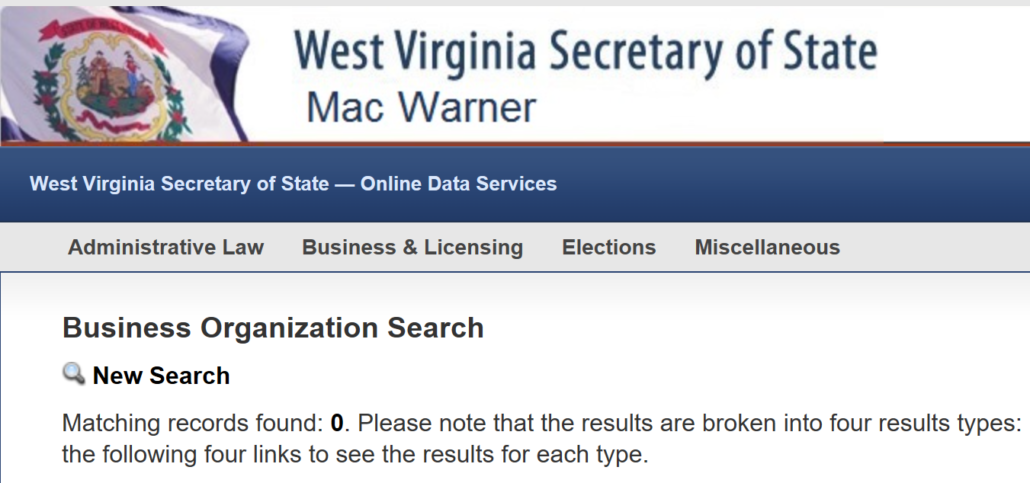Is Consumer Legal Funding a loan? Why does it matter?
The classification of Consumer Legal Funding as a loan is more than mere semantics. Consumer Legal Funding is the purchase of an asset; that being a portion of the proceeds of the consumer’s legal claim. This form of investment allows the consumer to access much needed support in order to obtain the financial assistance they need while their claim is making its way through the system.
You may ask yourself, so why does this matter?
In her publication “Harmonizing Third-Party Litigation Funding Regulations,” Professor Victoria Shannon Sahani clarified why Consumer Legal Funding is not a loan:
- First, there is no absolute obligation for the funded client to repay the litigation funder. If the client is the claimant, the client must only repay the funder if the client wins the case. If the client is the defendant, the premium payments end as soon as the case settles, and if the defendant loses, the funder will not receive a success fee or bonus.
- Second, litigation funding is non-recourse, meaning that if the client loses the case, the funder cannot pursue the client’s other assets unrelated to the litigation to gain satisfaction.
- Third, the funder is taking on more risk than a traditional collateral-based lender; therefore, the funder is seeking a much higher rate of return than a traditional lender. This is not a unique concept. For example, an unsecured credit card typically carries more risk than a secured loan, so regulations tolerate much higher interest rates on unsecured credit cards than allowed even on subprime mortgages, which are backed by collateral. Similarly, as mentioned above, funders structure their agreements to avoid classification as loans in order to avoid the caps that usury laws place on interest rates for mortgages and credit cards.
- Fourth, distancing funding even further from a loan, funders are taking on even more risk than unsecured credit cards because the credit card agreement is a bilateral transaction, while funding is a multilateral transaction.
Shahani explains that Consumer Legal Funding does not contain any of the characteristics of a loan, as illustrated in the chart below:
| Characteristics | Loan | Consumer Legal Funding |
| Personal repayment obligation | YES | NO |
| Monthly or periodic payments | YES | NO |
| Risk of collection, garnishment, bankruptcy. | YES | NO |
What is interesting to note is that no state where the legislature has carefully examined the product has classified it as a loan. In fact, states have gone so far as to declare that Consumer Legal Funding is unequivocally not a loan. In 2020, Utah passed HB 312 that specifically states that the product does not meet the definition of a loan or credit.
In Indiana for example: A statute was passed regulating the industry which specifically states: “Notwithstanding section 202(i) of this chapter and section 502(6) of this chapter, a CPAP[1] transaction is not a consumer loan.” The statute further articulates: “This article may not be construed to cause any CPAP transaction that complies with this article to be considered a loan or to be otherwise subject to any other provisions of Indiana law governing loans.”
The Nebraska state legislature has declared: “Nonrecourse civil litigation funding means a transaction in which a civil litigation funding company purchases and a consumer assigns the contingent right to receive an amount of the potential proceeds of the consumer’s legal claim to the civil litigation funding company out of the proceeds of any realized settlement, judgement, award, or verdict the consumer may receive in the legal claim.”
In Vermont: “Consumer litigation funding means a nonrecourse transaction in which a company purchases and a consumer assigns to the company a contingent right to receive an amount of the potential net proceeds of a settlement or judgement obtained from the consumer’s legal claim. “
In other words, Consumer Legal Funding is specifically classified as a purchase, not a loan. And it’s not just the state legislatures that have weighed in on this, the courts have as well.
In 2018, the Georgia Supreme Court affirmed the Georgia Court of Appeals ruling, that the product is not subject to the Industrial Loan Act. The Appeals Court stated: “Unlike loans, the funding agreements do not always require repayment. Any repayment, under the funding agreement is contingent upon the direction and time frame of the Plaintiffs’ personal injury litigation, which may be resolved through a myriad of possible outcomes, such as settlement, dismissal, summary judgment, or trial.”
Even dating back to 2005, when the New York Attorney General’s office came to an agreement with the industry, it stated in its press release: “The cash advances provided by these firms are not considered “loans” under New York State law because there is no absolute obligation by a consumer to repay them.”
So, this leads me back to my opening question: Why does it matter?
Classification matters, because once you mischaracterize the product by calling it a loan, you limit consumers’ availability to access it by subjecting Consumer Legal Funding to state laws that regulate loans. According to MarketWatch, in January of 2021, as many as 74% of Americans are living paycheck to paycheck. When their income stream is interrupted (typically due to an accident), they desperately need some economic assistance to help them through the lengthy and extensive process of filing their legal claim.
So we ask State Legislators, when you are deciding how best to regulate this important financial product, to do what is best for your constituents by providing them access to economic assistance during their time of need, and ensuring that they are fully informed as to the terms and conditions of the transaction, by having their attorney review it with them in order to confirm that it is properly classified as a purchase.
Blanket statements labelling Consumer Legal Funding as loans only serve to hurt those in need of its assistance, especially at a time when they need it.
[1] CPAP Civil Proceeding Advance Payment







